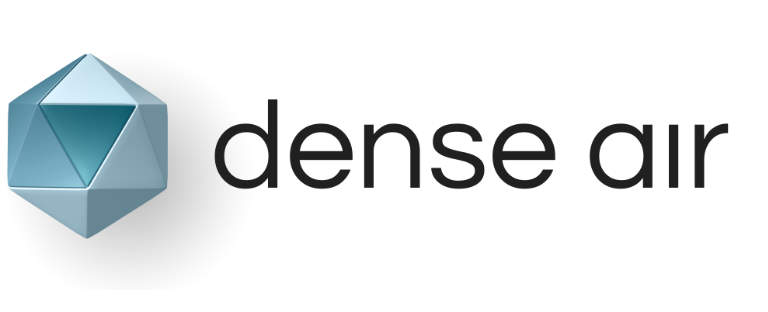Dense Air launches 5G in Cascais

Dense Air has installed 5G infrastructure on the Estoril Congress Centre, allowing visitors and other users in the area to experience the full performance of next generation 5G telecommunications.
Earlier this year, the Government announced its intention to have 5G available in at least one coastal city by the end of 2020, as part of the National Strategy for 5G.
The installation follows an MOU signed in September 2019 between Cascais City Council and Dense Air. The intention is to place the municipality at the forefront of the communication revolution driven by 5G in Portugal by offering state-of-the-art technology within their smart city concept. With this installation, Cascais becomes one of the first municipalities to realise its ambition for technology excellence by implementing 5G infrastructure.
Dense Air has worked closely with the municipality to identify areas where 5G can have a very significant impact on its citizens and businesses. The installation at the Estoril Congress Centre allows Cascais to fully experience and utilise the ultra-fast and low latency performance available through 5G.
“This is another very significant milestone for Dense Air Portugal bringing Neutral Host 5G services to market. This 5G MMIMO site delivers Gigabit services to 5G enabled handsets and also acts as a donor to our innovative ‘Magic Box Small Cells’ able to deliver densified in-building coverage. We are very pleased to have played our part to bring 5G services to Cascais.”
Tony Boyle, Dense Air Portugal General Manager

Cascais recognises the many possibilities enabled by 5G technology and will utilise this future network architecture to test and support innovations such as immersive education, autonomous driving and industrial IoT; all of which are now possible due to this installation. During the next 90 days it will be used to test and prove the service.
This 5G site and the installation of other strategically placed small cells will provide a cohesive 5G network for testing and validation of Dense Air’s Neutral Host proposition. Dense Air intends to deploy its small cell centric network service model throughout Portugal to improve network coverage, increase available capacity and greatly enhance end user mobile customer experience.
